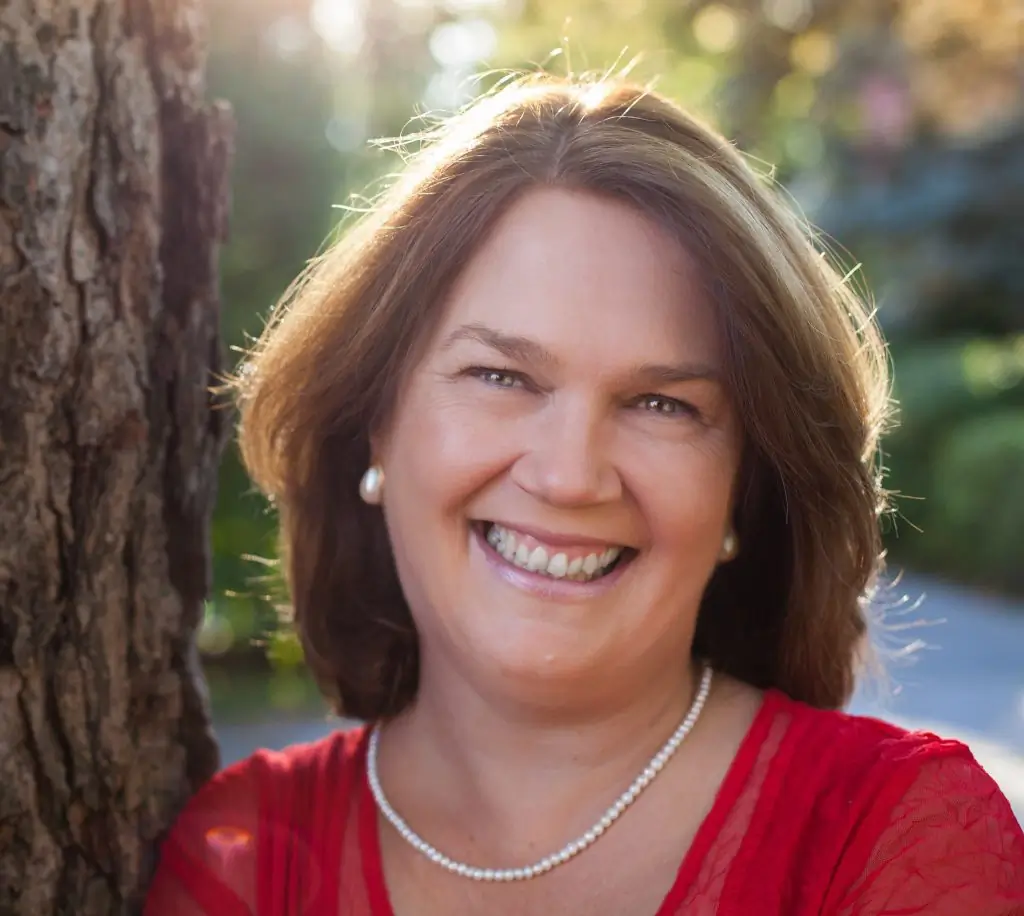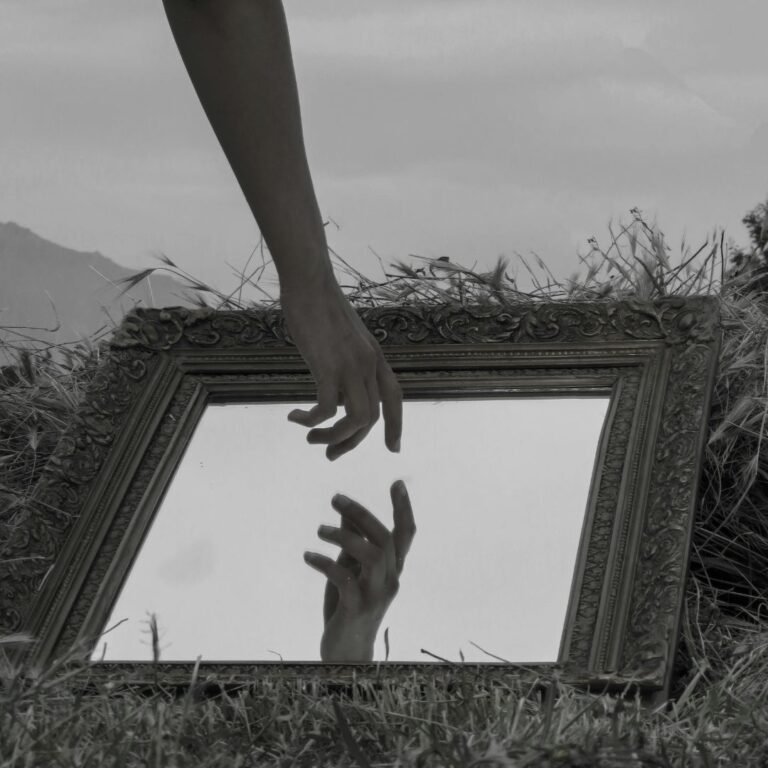Dr. Jane Philpott — former Minister of Health, medical doctor, and medical school director
The Honourable Jane Philpott became the first medical doctor in Canadian history to be appointed federal Minister of Health, subsequently serving as Minister of Indigenous Services and President of the Treasury Board. But politics is only one part of a long and remarkable career so far. Dr. Philpott has served in numerous medical capacities and worked abroad, providing healthcare in some of the world’s most marginalized communities.
She is now Dean of the Faculty of Health Sciences and director of the School of Medicine at Queen’s University, and in this interview, she speaks with honesty and emotion about the death of her daughter Emily, living a life of integrity, the similarities between politics and medicine, and about her hopes for treatment in the future.
Note: This transcript has been edited for length and clarity.

Becoming a family physician
Catherine Clark: You chose to be a family physician; why did you pick this path?
Dr.Jane Philpott: I don’t regret it. As you go through medical school, you always wonder which specialty you might pursue. I did consider a few others, including surgery at one point. However, I eventually decided I liked working with families because the more I understood about health, the more I realized that your health is influenced by your family. I saw family doctors who could really get a sense of the depth and breadth of the challenges that patients were confronted with by understanding the context of their family. It was appealing to me to be able to build relationships with people over time. I can’t imagine anything more wonderful than being a family doctor.
Jennifer Stewart: After med school you went to Niger for nine years. You saw a lot of suffering there, particularly the ravages of HIV and AIDS. How did that experience change you as a person and as a doctor?
Dr. Jane Philpott: That experience changed me more than any other decade of my life and in pretty profound ways. Mostly, it awakened me to understand how unfair the world is and the deep differences in people’s quality of life, quality of healthcare, and health expectations. Niger ranks as one of the lowest-income countries in the world. We saw measles, malaria, malnutrition, and an extraordinary number of health challenges that we just don’t see here in Canada.
The most profound experience was that our first-born child, who we had taken there as a baby, contracted meningococcemia at the age of two-and-a-half and she died. Not only was that the worst experience of our lives, it was also one of the most transformative in really understanding what grief and heartache is and understanding that that happens to families even to this day in extraordinary numbers, because the child and infant mortality rates are so high in countries like Niger. It set the rest of my career and life in the context of understanding that we’re extremely fortunate people here in Canada.
The impact of her daughter’s death
Catherine Clark: How did you manage to move forward being so far away from family?
Dr.Jane Philpott: It’s truly your worst nightmare as a parent. You just can’t imagine it until it happens to you. I must say that the people around us helped us get through it. These were people who, in many ways, didn’t have much in common with us; I still remember the day after Emily died, my husband and I were just put in this sort of guest house near the hospital to stay overnight. Part of the time, we slept in the hospital because our other daughter had meningococcemia as well and was in critical condition. But we went back to this guesthouse to get some sleep.
We woke up in the morning, and there was a line of people outside the little cottage. And they came, and they just greeted us, and they wept with us, and they shook our hands, and they said, “Be patient, we’re with you.” Seeing that compassion and knowing what they had also gone through made me realize that the worst thing happens to us, but this is what community does: it rallies around and helps you get through it.
Jennifer Stewart: Do you have any insights or advice for parents who have lost a child?
Dr. Jane Philpott: The pain never goes away. It was almost 30 years ago and I remember every moment of that day like it was yesterday. The circumstances never leave you, and you always have those questions like, what would she be like now? You always want them to be back with you, but it really makes you cherish life. You just have to accept the comfort and the compassion of the people around you and realize that there are some things you can’t change.
You can’t bring them back. But you can go on and you can love the people around you. And you can appreciate the beauties of every relationship that you have. We live in a world that has an extraordinary amount of pain, and sometimes all you can do is try to relieve the pain of others and do that in honour of the child that you miss.
Catherine Clark: Did it change who you were as a person and even who you were as a doctor?
Dr. Jane Philpott: It changed so much. I went into medicine because I wanted to help people be healthy. But I never felt that so much until after Emily died. It made me realize that the only way I could honour her life and her death is to try and relieve suffering for others and to try and make sure that other children don’t die unnecessarily. So, it spurred me on to fight for justice and equity.
It also puts everything else in context — once the worst thing in the world happens to you, nothing else can hurt nearly as much. All the nasty things that happened in politics, I had learned not to let things like that break me up because nobody died and if nobody died, then I can get through anything.
Advice on speaking up and making change
Jennifer Stewart: What did you think politics could let you do that medicine could not?
Dr. Jane Philpott: I see politics as an extension of medicine; they are not far apart as careers. My motivation for going into politics was to improve people’s health or to improve people’s lives and while doctors can do a certain amount, there’s so much about what makes people healthy or sick that is well beyond what a doctor can fix. It’s all those social issues — housing and education and poverty or economic prosperity — that has a real impact on people’s health. In government, you can accomplish as much or more there in a short period of time than you can in years of being a health advocate or activist or even a doctor.
Catherine Clark: Did politics live up to what you thought it would be going into it?
Dr. Jane Philpott: It did. It was hard, and you can’t predict what it will be like. But it is an incredible opportunity to do good things. I loved some of the work I had the privilege of doing as Minister of Health. Some of the things we did are not well-known or on the front pages of papers, like some of the work we did around drug policy.
When I was made Health Minister, the opioid crisis was coming to the fore as a substantial public health crisis, and I realized that people needed access to things like supervised consumption sites. And I worked with my colleagues to adjust the legislation so people could access those approaches to reduce harms and save lives. That stuff makes me really proud because I knew the policy and then I actually had in my hands the tools to make those changes that could keep people alive.
Jennifer Stewart: You made a very public, and I assume difficult, decision to leave federal Cabinet because you disagreed with the government’s handling of a major file. Some criticized you, but many more admired what they thought was your moral courage. What advice do you have for other women who might be scared to speak up because they fear potential consequences?
Dr. Jane Philpott: Not everybody can speak up. I was in a position where I didn’t have to wonder what would happen if I spoke up and lost my job because I knew I could get another job. So, I always want to be sensitive to the fact that many people are trapped in their jobs and can’t speak up when they see something they disagree with.
But for many of us, we can choose to take a line in the sand and say there are certain principles or ethical stances that you sometimes have to speak up about, even if you don’t know what the consequences will be. I really felt that if I didn’t speak up, I couldn’t live with myself. The one thing you can’t retain once you let it go is your integrity.
Addressing the social determinants of health
Catherine Clark: You stepped in to work in long-term care homes during the COVID-19 pandemic. Can you talk about what it was like to be in those homes and what you learned from it?
Dr. Jane Philpott: It was an amazing experience. I got a text from a friend — at this point I already knew that there was an outbreak in this place called Participation House — and this friend had a daughter who was a severely disabled adult and she was one of the residents there. And she said, they’re in crisis — 90 per cent of the staff have left, they’re in major outbreak, and they don’t have a doctor, and they don’t have enough nurses. What can you do to help?
So I dropped everything, drove myself down there, and worked every day in that facility for six weeks. It’s a group home for adults with severe mental and intellectual and physical disabilities, and they are profoundly vulnerable because they are dependent upon personal support workers or nurses for everything.
Of 42 residents, 40 had COVID, as did seven staff members. It was a terrible experience, but my goal was to ensure we could keep as many people alive as possible. We worked hard in collaboration with the local hospital and others. Sadly, six of the residents died. But we were able to save the lives of people who otherwise might not have survived. It taught me a lot about the sectors of our society that get left behind.
Jennifer Stewart: How do we address the social determinants of health, because it’s not talked about actively in the media?
Dr. Jane Philpott: Medical schools have come a long way in terms of recognizing and teaching about those issues. But we haven’t figured out how important social determinants of health are in recognizing that healthcare is a big expense to society. If we made better and smarter investments in keeping people healthy and adequately housed and have decent nutrition and don’t live in poverty, there’s plenty of evidence that we could prevent some of those health costs. We need to advocate for those social changes.
The importance of listening to patients
Catherine Clark: You’re now the Dean of the Faculty of Health Sciences and director of the School of Medicine at Queen’s University. What is the most important lesson you want to instill in medical students as they begin their careers?
Dr. Jane Philpott: The best lesson is: listen to your patients. Healthcare has to be delivered with the patient at the centre; we can often get sidetracked and think about all of the technology and the challenges of keeping health systems up and running. But the patient is always right. The patient is the one who will lead you to the diagnosis. So, listen to them and respect them.
The best lesson is: listen to your patients. The patient is always right. The patient is the one who will lead you to the diagnosis.
Dr. Jane Philpott
Jennifer Stewart: How do you want to be remembered?
Dr. Jane Philpott: The two things I’ve always tried to do are, number one, to listen well, and number two, to get things done. So I used to joke to my colleagues that on my tombstone I’d like it to say: “She listened and she got shit done.”






